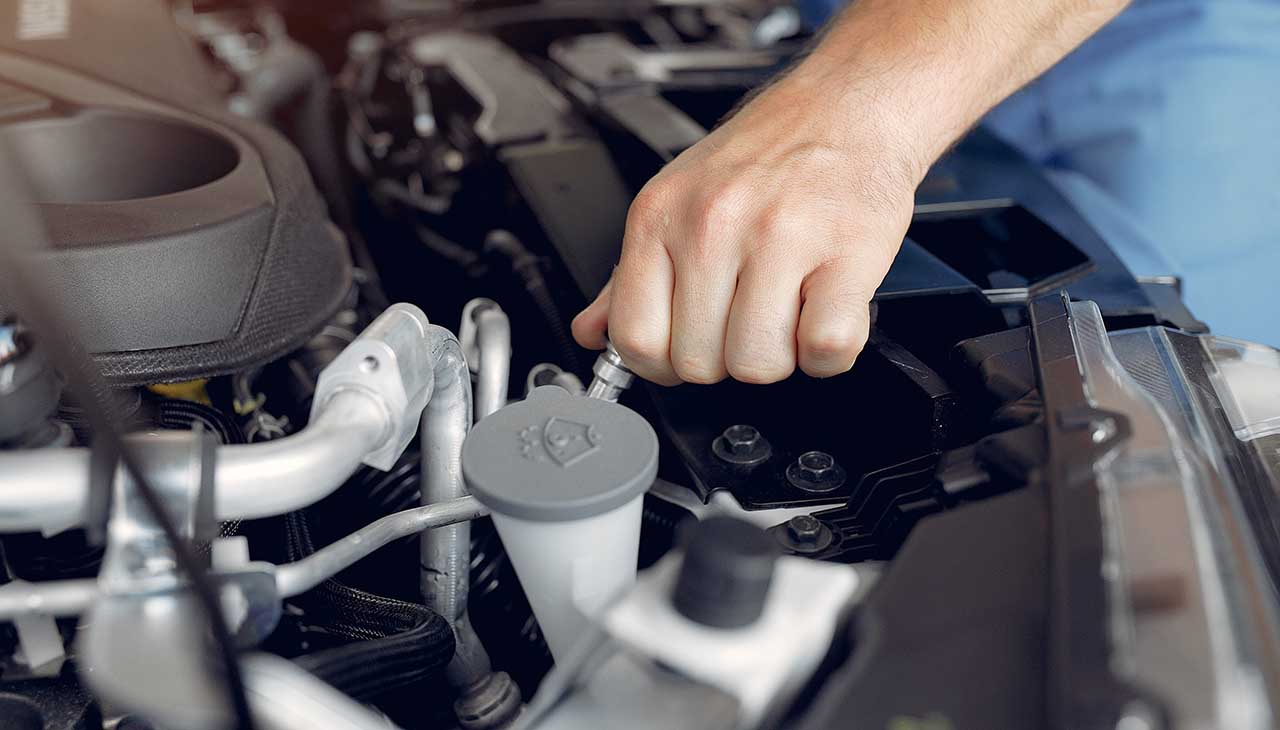Introduction
Imagine driving down the open road, your car humming smoothly beneath you. It’s a blissful feeling, right? But behind this smooth ride is a well-maintained engine, kept in top condition by regular tune-ups. Whether you’re a vehicle owner, car enthusiast, or DIY mechanic, understanding the benefits of regular engine tune-ups can save you time, money, and stress in the long run. In this post, we’ll explore why engine tune-ups are essential, what they involve, and the positive impact they can have on your car’s performance and lifespan.
What is an Engine Tune-Up?
An engine tune-up is a maintenance procedure designed to ensure your car’s engine runs efficiently. Think of it like a health check-up for your vehicle. During a tune-up, various components of the engine are inspected, cleaned, adjusted, or replaced to keep everything running smoothly.
Typical components included in a tune-up are spark plugs, air filters, fuel filters, and ignition systems. These parts can wear out or become dirty over time, affecting your engine’s efficiency. By keeping them in good condition, you can ensure your engine runs at its best.
Signs Your Vehicle Needs a Tune-Up
Recognizing when your car needs a tune-up is crucial for maintaining its performance. Common symptoms indicating a need for a tune-up include:
- Decreased Fuel Efficiency
If you’re visiting the gas station more frequently, it might be time for a tune-up. Worn-out spark plugs or clogged air filters can reduce fuel efficiency.
- Rough Idling or Stalling
An engine that idles roughly or stalls frequently can be a sign that it needs some attention. These issues can be caused by faulty spark plugs or a dirty fuel system.
- Check Engine Light
The dreaded check engine light can mean many things, but it often indicates that your engine needs a tune-up. Ignoring this warning can lead to more serious problems down the road.
Early recognition of these signs can prevent more extensive and costly repairs. Addressing issues promptly keeps your car running smoothly and extends its lifespan.
Benefits of Regular Engine Tune-Ups
Improved Fuel Efficiency and Performance
Regular tune-ups ensure your engine operates at peak efficiency. Clean spark plugs and air filters contribute to better combustion, which means more power and better fuel economy. You’ll notice smoother acceleration and a more responsive engine, making your driving experience more enjoyable.
Longer Engine Lifespan and Reduced Risk of Major Repairs
Routine maintenance like tune-ups can significantly extend the life of your engine. By addressing minor issues early, you can prevent them from turning into major, costly repairs. Regular tune-ups help avoid catastrophic engine failures, saving you from the stress and expense of unexpected breakdowns.
Environmental Impact and Emissions Reduction
A well-maintained engine produces fewer emissions, which is better for the environment. Regular tune-ups can help ensure your vehicle meets emission standards, reducing its carbon footprint. Cleaner engines also contribute to better air quality, making a positive impact on the environment.
DIY vs. Professional Tune-Ups
Pros and Cons of DIY Tune-Ups
Doing a tune-up yourself can be rewarding and cost-effective. It allows you to learn more about your vehicle and save on labor costs. However, it requires time, tools, and a certain level of expertise. Mistakes can be costly and potentially dangerous.
Pros and Cons of Professional Tune-Ups
Professional mechanics have the expertise and equipment to perform tune-ups efficiently and effectively. They can spot issues that might be missed by a DIY enthusiast. While professional tune-ups come with a higher price tag, they provide peace of mind and often come with a warranty on the work performed.
Safety Considerations for DIY Enthusiasts
If you choose to do a tune-up yourself, safety should be your top priority. Always follow the manufacturer’s guidelines and use the proper tools. Make sure your vehicle is securely parked and that you have a clean, well-lit workspace. If you’re unsure about any part of the process, it’s best to consult a professional.
How Often Should You Tune Up?
General Guidelines for Different Vehicle Types and Ages
The frequency of tune-ups can vary based on your vehicle’s make, model, and age. Older cars typically require tune-ups more frequently, often every 10,000 to 20,000 miles. Newer vehicles with modern engines might only need tune-ups every 30,000 to 50,000 miles.
The Role of Maintenance Schedules from Manufacturers
Always refer to your vehicle’s owner manual for manufacturer-recommended maintenance schedules. These guidelines are tailored to your specific vehicle and provide the best advice for keeping it in top condition. Regularly following these schedules ensures optimal performance and longevity.
Conclusion
Regular engine tune-ups are essential for keeping your car running smoothly and efficiently. By staying on top of maintenance, you can improve fuel efficiency, extend your engine’s lifespan, and reduce your environmental impact. Whether you choose to do it yourself or seek professional help, the benefits of regular tune-ups are undeniable.
Don’t wait for problems to arise—schedule or perform a tune-up today and keep your engine purring. For personalized advice and expert assistance, consider booking a consultation with our experienced mechanics. Your car will thank you!
Remember, a well-maintained engine not only enhances your driving experience but also adds to the overall value and reliability of your vehicle. Happy driving!

